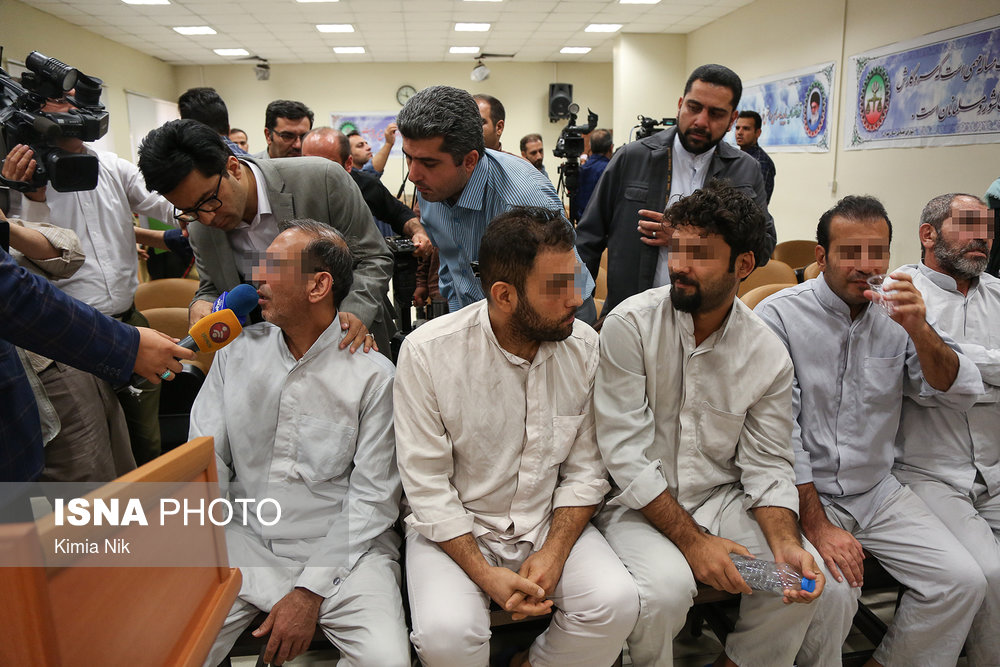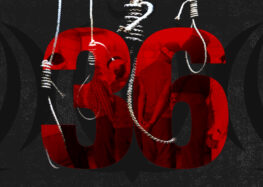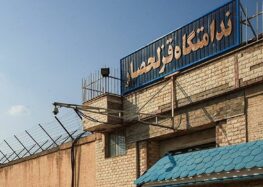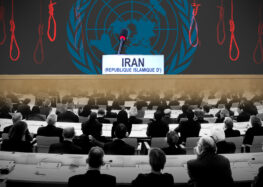Three People Sentenced to Death in Iran as 32 Others Issued Harsh Sentences For Alleged Currency Hoarding

Unnamed “special courts for economic crimes” in Iran have sentenced three people to death and condemned 32 others to long prison sentences for allegedly manipulating Iran’s gold and currency markets, Judiciary Spokesman Gholamhossein Mohseni Ejei announced on October 1, 2018.
The three individuals who were sentenced to death are Hamid Bagheri, Vahid Mazloumin and Mohammad Esmaili Ghasemi. The other names were not made public by official state media outlets.
The sentences were issued after hardline Iranian officials vowed to punish black market currency traders accused of stockpiling foreign currencies and selling them at high rates after Iran’s domestic currency, the domestic rial, began hitting record lows against the dollar.
Iranians can only obtain foreign currency from Iranian banks if they show a government-stamped letter indicating they require the currency for business or travel purposes. The sudden drop in the rial sent people without such letters scouring for foreign currencies, only to be faced with high rates on the black market.
Ejei told reporters that five people were sentenced to 20 years in prison, three to 12 years in prison, four to 10 years in prison and that the other 20 had received sentences ranging from one to eight years in prison.
He added that the death sentences could be appealed but the prison terms are final.
The judiciary spokesman did not identify the “courts” involved in the cases, nor did he provide details about the judicial process or explain why the defendants had been issued such heavy sentences. Iran has no laws against buying, selling, or stockpiling gold and foreign currencies.
The state-funded Iranian Students News Agency (ISNA) published photos of Mazloomin and Ghasemi’s first trial session on September 8, 2018, indicating the court took less than a month to reach the death penalty verdict.
The indictment against Mazloumin describes him as the “King (of gold) Coin” and alleges he “gained 15 billion tomans ($3.6 million USD) in a single day.”
Following the rial’s steep decline and the sharp rise in precious commodities such as gold in Iran, Iran’s Supreme Leader Ali Khamenei approved a request on August 11 by Judiciary Chief Sadegh Larijani to carry out swift justice against “economic saboteurs.”
“I agree to your request with the intention to punish acts of economic corruption quickly and fairly,” Khamenei said.
Since then, scores of people have been arrested for alleged hoarding and profiteering in various markets for scarce, popular or precious goods including gold, mobile phones and motorcycles.
Larijani told a group of judicial officials on October 1, “The head of the Central Bank has given us a list of websites that have engaged in currency price-fixing. The prosecutors should summon their admins and issue ultimatums. It’s possible that some of their actions may constitute ‘corruption on earth,’ which carries the death penalty.”
On July 30, the judiciary chief had stated he “will not show any mercy toward economic criminals and those who disrupt the financial market.”
“The law specifies how to deal with saboteurs and some of them are engaging in acts that amount to ‘corruption on earth,’ and the punishment for that is clear,” Larijani added.






